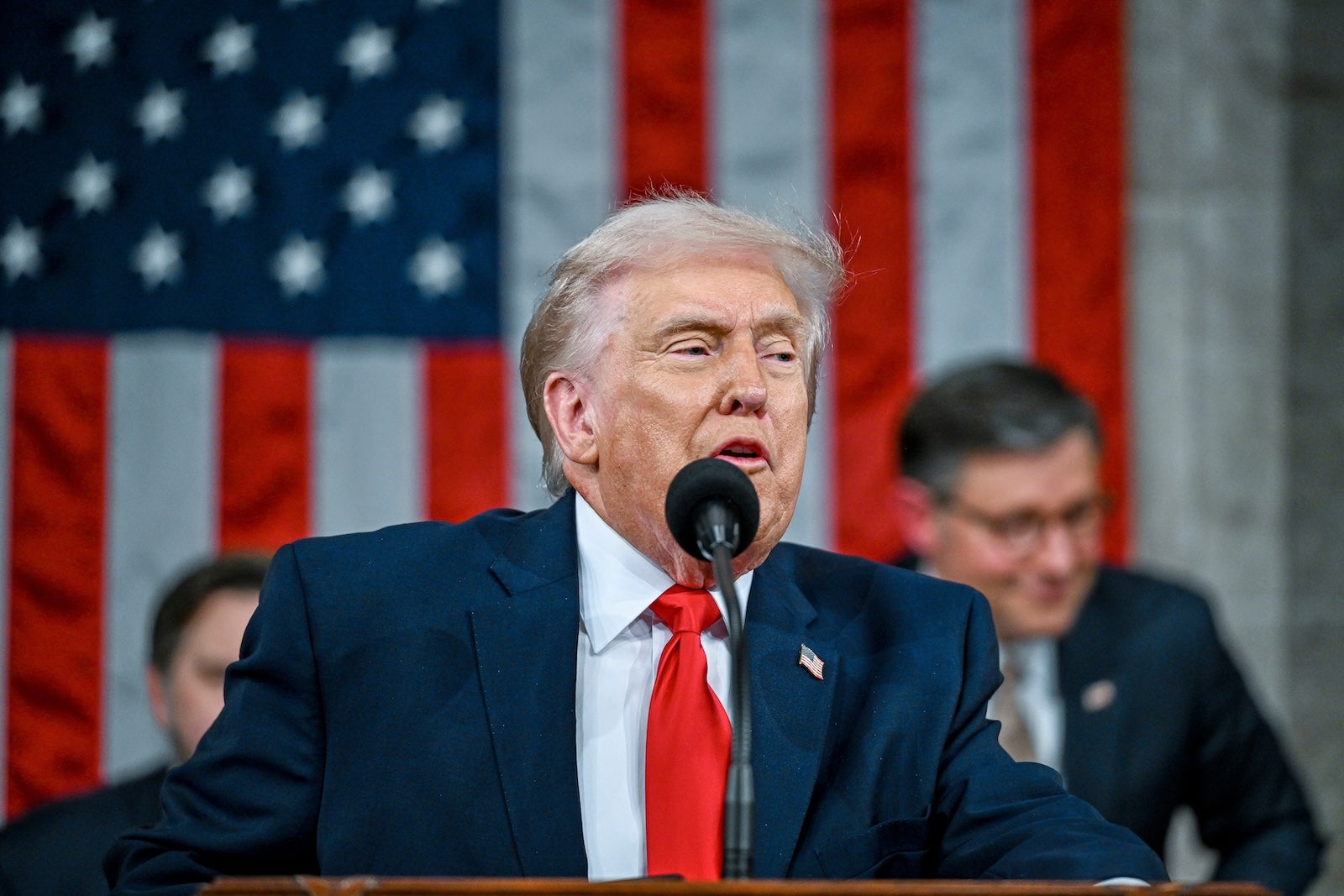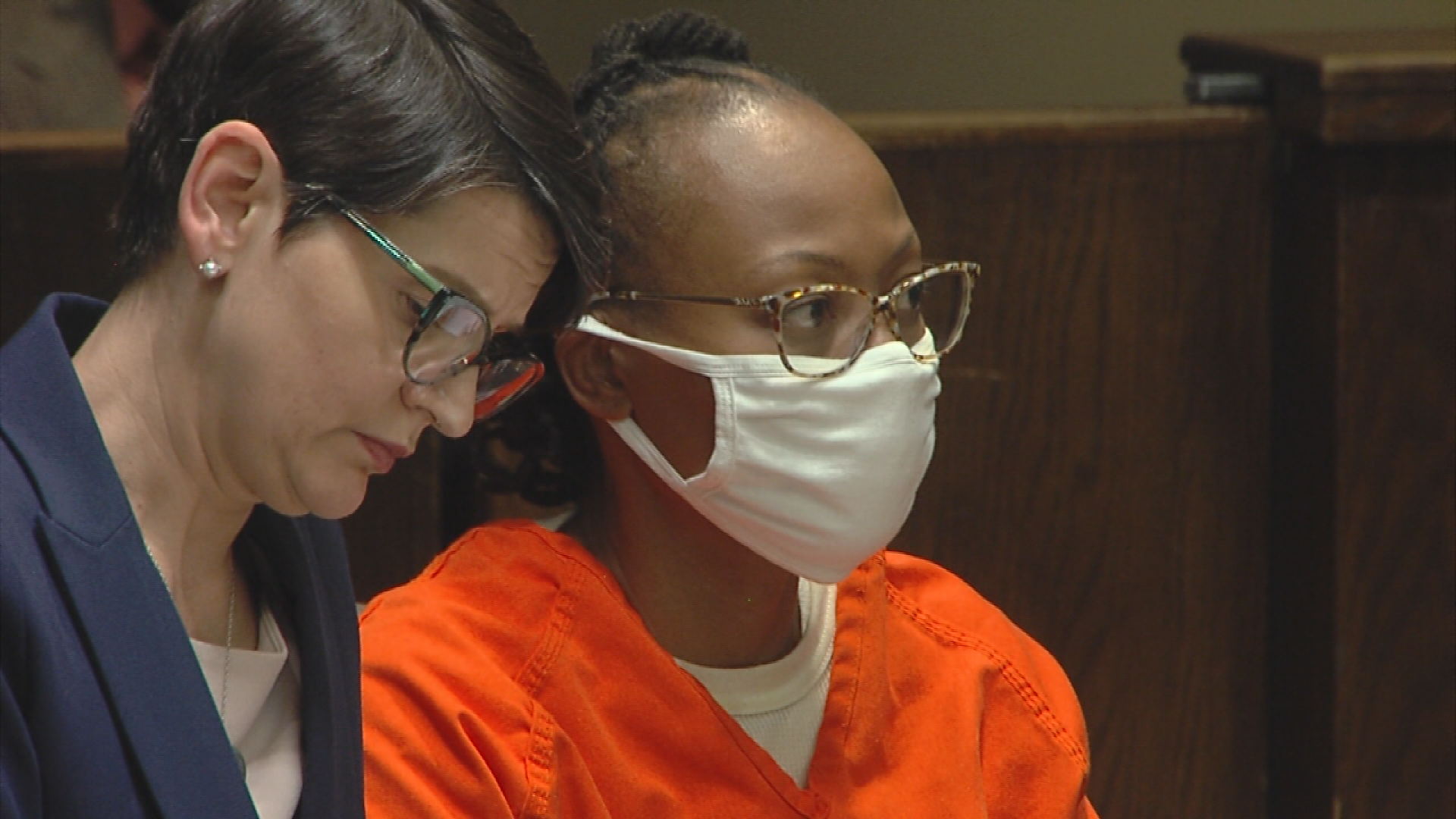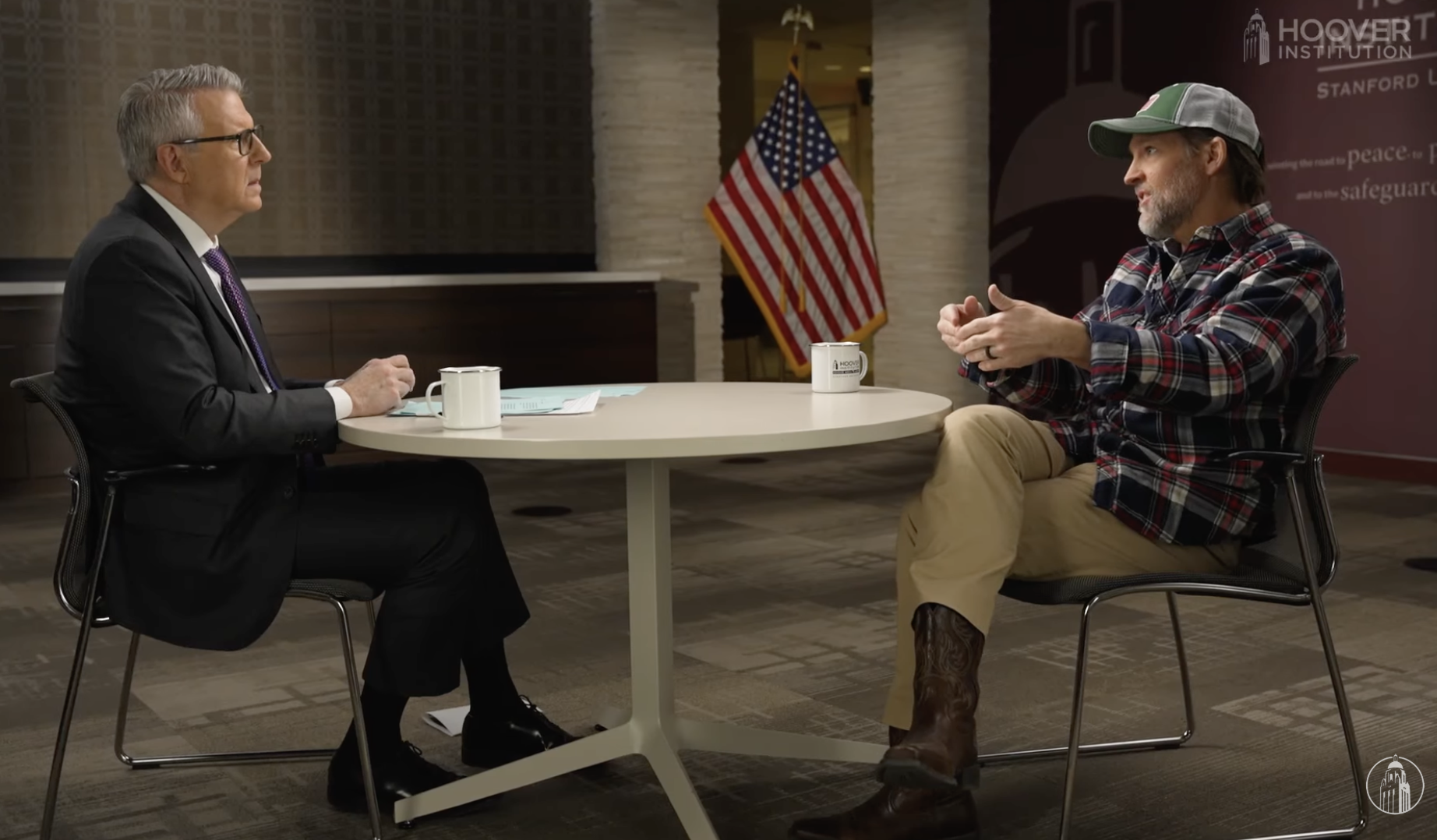King Charles Prays With Pope in Historic First Since Protestant Reformation
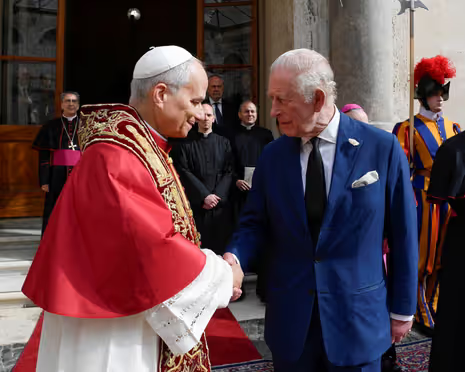
Vatican City — King Charles III became the first British monarch to pray publicly with a pope in 500 years during his state visit to the Vatican on October 23, 2025, marking a significant moment in reconciling divisions between the British monarchy and the papacy that date back to 1534.
Beneath the Sistine Chapel's magnificent vaulted ceiling, painted by Michelangelo, Charles and Pope Leo XIV prayed together in a special ecumenical service focused on care of creation. The service was presided over by Pope Leo and the Church of England's Archbishop of York, Stephen Cottrell.
It was Charles's first meeting with Pope Leo XIV, who became head of the world's 1.4 billion Catholics in May 2025 following the death of Pope Francis. Charles and Queen Camilla had privately visited the ailing Pope Francis a fortnight before his death.

The split between the Catholic Church and the Church of England was formalized in 1534, after Pope Clement VII refused to annul King Henry VIII's marriage to Catherine of Aragon. Henry's desire for a male heir—and a new wife who might provide one—was the immediate catalyst, but other factors were also at play, involving the English crown's seizure of church assets and the growth of Protestant ideas in England.
As England swung between Catholicism and Protestantism during the reigns of Henry's daughters Mary I and Elizabeth I, hundreds of Catholics and Protestants were executed for their faith, often burned at the stake.

A joint choir from St. George's Chapel and the Chapel Royal performed at the service, alongside the choir of the Sistine Chapel. The British singers performed "If ye love me," by Thomas Tallis, a prolific composer of sacred choral works from the Renaissance period.
The British monarch gifted the Pope with a large silver photograph and Icon of St. Edward the Confessor. In exchange, Pope Leo presented a scale version of the mosaic of "Christ Pantocrator," in the Norman Cathedral of Cefalù, in Sicily.
According to the Vatican, the discussions were "cordial" and covered "matters of common interest, such as environmental protection and the fight against poverty." The statement added, "Particular attention was given to the shared commitment to promoting peace and security in the face of global challenges."
Later, King Charles and Queen Camilla participated in an ecumenical service at the Basilica of St. Paul's Outside the Walls, which has historic ties to the English Crown and houses the tomb of the apostle St. Paul. Pope Leo approved making King Charles a "Royal Confrater" of St. Paul's as "a gesture of hospitality and spiritual fellowship."
The Catholic Church and Anglican Communion have been improving their ties since the 1960s. However, the two churches remain divided over issues including the ordination of female priests.
The recent election of Sarah Mullally as the first woman to lead the Anglican Church has heightened tensions within the Anglican Communion. An organization of conservative Anglican primates—representing a majority of the communion's membership, primarily in Africa—has announced that it's rejecting all of the bureaucratic links that have historically connected the Anglican Communion.
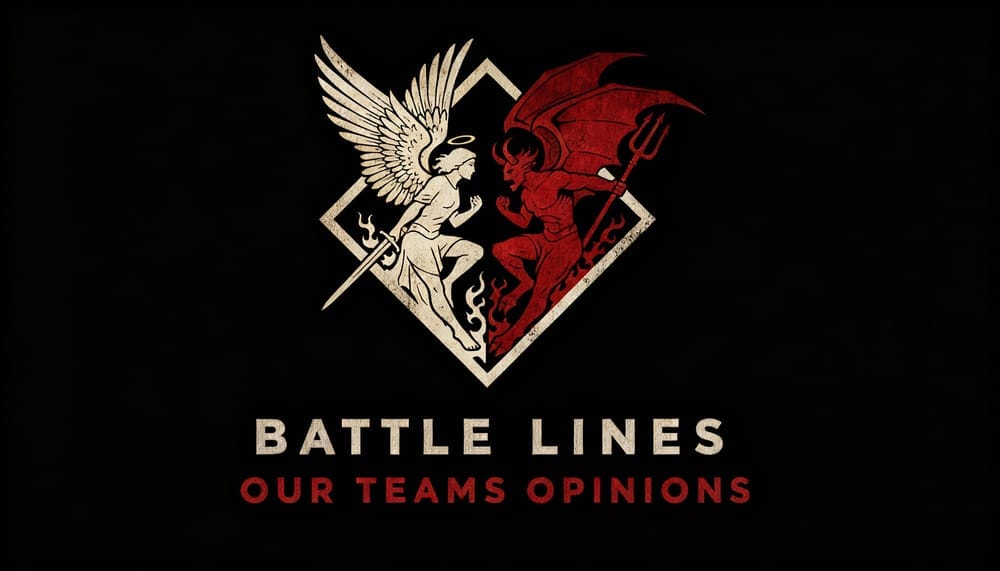
THE CRUSADER'S OPINION
Five centuries after blood was spilled over doctrinal differences, a British king and Catholic pope prayed together in the Sistine Chapel. This isn't compromise—it's Christian unity choosing to stand together while civilizational collapse looms outside the gates. When Islamic supremacism surges, secular nihilism dominates universities, and Western nations criminalize biblical truth, Catholics and Protestants wasting energy on old battles is suicide.
Henry VIII's split from Rome was about power and marriage, not theology. Yes, real doctrinal differences exist. But when Christians burn in Nigeria, drown crossing to Europe as refugees from Islamic persecution, and face imprisonment for stating biblical morality in Western nations, the Reformation's five-hundred-year-old wound needs healing.
Charles and Pope Leo XIV praying together sends a message: Christianity's survival matters more than denominational pride. Conservative Anglicans in Africa rejecting female ordination proves doctrinal seriousness still exists. But unity doesn't require uniformity. Catholics keep their sacramental theology. Protestants keep Scripture's supremacy. Both acknowledge we're fighting the same enemy: a culture that despises Christ and everything He represents.
Critics will call this ecumenical compromise. They're wrong. This is Christians remembering we're family before we're factions. When Christianity faces extinction in its birthplace and persecution in the West, Catholics and Protestants praying together isn't betrayal—it's survival instinct finally kicking in.
TAKE ACTION
Focus Energy Wisely:
- Combat secularism and anti-Christian persecution rather than internal Christian conflicts
- Defend religious freedom for all Christian traditions
Key Organizations:
- Christian Solidarity Worldwide - Cross-denominational persecution advocacy
- World Evangelical Alliance - Global evangelical cooperation
- In Defense of Christians - Middle Eastern Christian advocacy
Denominational differences matter. But when civilization crumbles, Christians must stand together.


